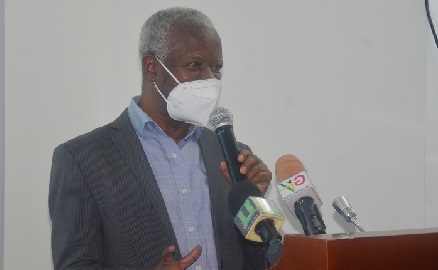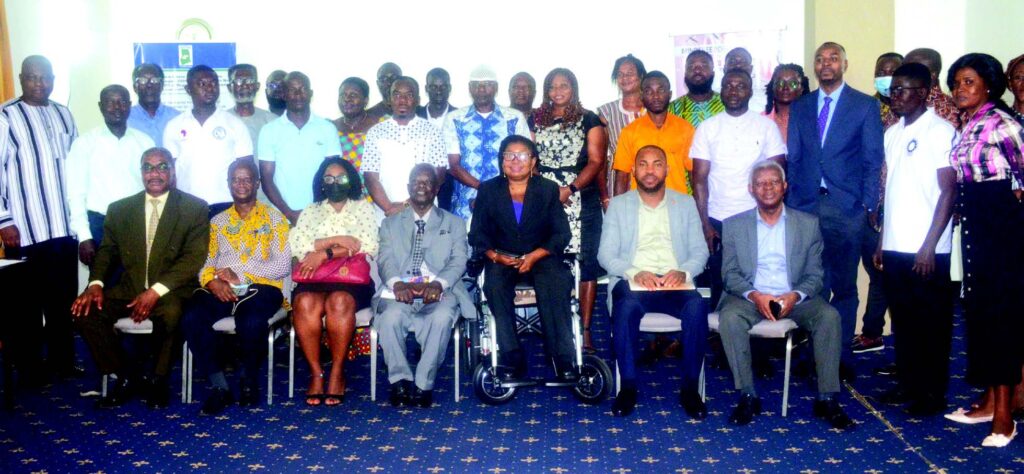
A 24-hour toll free line launched by the Mental Health Authority (MHA), in 2017, to provide interventional mental health support for persons contemplating suicide, has been non-operational in the last three years.
According to the Authority, it needs an estimated GH¢9,000 to reactivate each of the three lines, amounting to GH¢27,000 every month, to provide such psycho-social services, and help reduce incidence of suicide and other mental illnesses in the country.

The Chief Executive Officer of the MHA, ProfessorAkwasiOsei, disclosed these to the Ghanaian Times in an interview on rising suicide rate across the country.
The number of persons, who attempted suicide increased from 777 in 2020 to 902 in 2021, with those actually carrying out the act within the same time period increasing from 69to 86.
Prof. Osei said “Data at the Ghana Health Service indicate that 97 people attempted suicide in the first quarter of this year and these are cases that were reported through the health system so you can imagine others that go unreported.
“Personally, in the last five months, I’ve had not less than 50 people calling contemplating suicide and as I have said before, with the COVID-19 pandemic, present socio-economic challenges and other life difficulties, we risk an explosion of mental illness in the country if urgent steps are not taken to improve mental healthcare”.
The chief psychiatrist said majority of persons, who planned taking their lives were between 17 and 35 years, mostly females.
“In fact, for every four attempted suicides, three are women but men complete suicide more than women and for most of these cases, they are from a mental health point, especially depression; relationship, family, finances, seeming failure in life, etc,” he said.
Prof. Osei said while the Authority was hopeful that Ghana decriminalises attempted suicide soon, it was important that people be on the lookout for each other to notice sudden change in one’s behaviour for prompt action.
He appealed to the government, corporate institutions and Ghanaians at large to support the MHA re-operate the toll free lines as a life-saving intervention for people with suicidal intent and other mental health conditions.
“When we put out that line, we received at least 120 calls daily within two months and research has shown that although it is not possible to predict suicidal behaviour with certainty, a significant proportion of people who commit suicide communicate it to people around them.”
“It is such communication that professionals like us can pick and talk or counsel these distressed people out of suicide. Suicide has, of late, become a common cause of death among young people in Ghana, particularly within the tertiary institutions, and the incidence is rising. This is one strategy we can leverage on to reach out to young people,” Prof. Osei appealed.
BY ABIGAIL ANNOH







